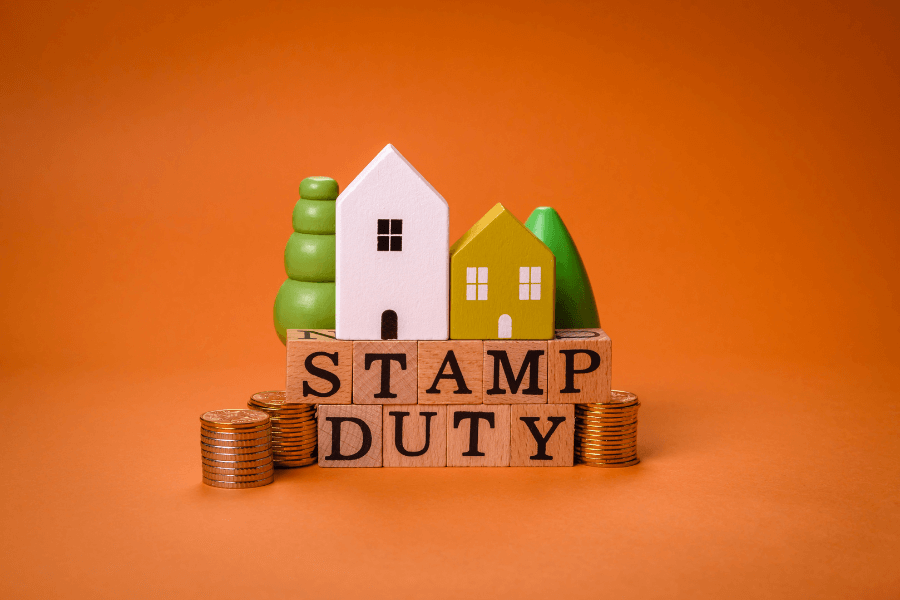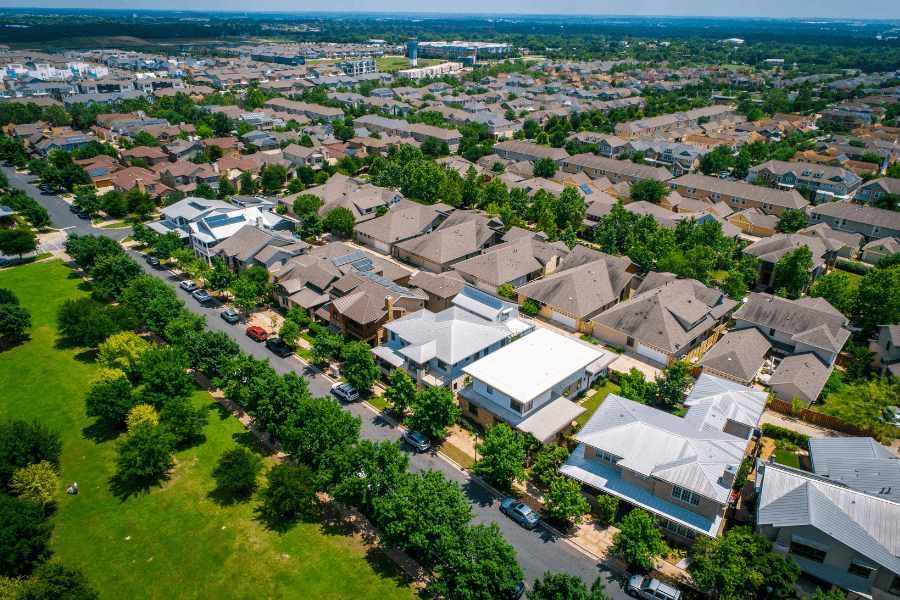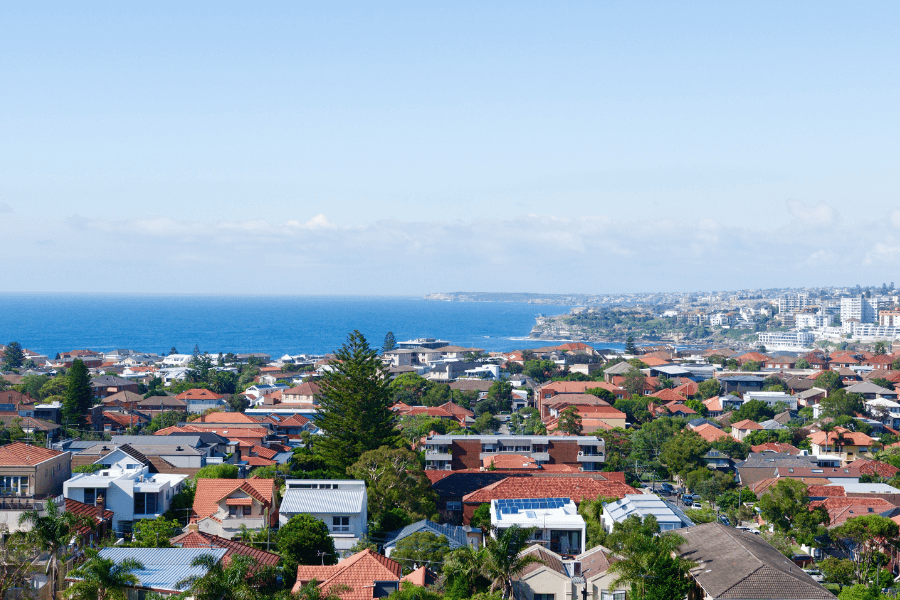Stamp duty, also known as land transfer duty or transfer duty, is a one-off tax charged by state and territory governments when you buy property or vacant land in Australia. It can add tens of thousands of dollars to your upfront costs, so understanding how it works is essential.
This guide explains when stamp duty is due, how much you will pay across different states, and what first-home buyer concessions may apply.
Topics in this article:
When do you pay stamp duty?
Stamp duty is almost always paid by the buyer, not the seller. It is usually due around settlement, but the exact deadline depends on the state or territory:
-
New South Wales (NSW): Paid through the ELNO system at settlement.
-
Victoria (VIC): Paid at settlement electronically or within 30 days if processed manually.
-
Queensland (QLD): The contract must be lodged within 30 days of becoming unconditional. Duty is then payable within 14 days of the assessment.
-
Other states and territories: Generally paid at settlement via electronic lodgement.
If stamp duty is not paid by the due date, penalty interest can apply and in some cases the transfer of ownership may be delayed.
How much is stamp duty?
Each state and territory has its own rate structure, usually calculated on a sliding scale based on the property’s dutiable value. The dutiable value is the higher of the property’s purchase price or its market value.
- Rates increase as the property price increases.
- Some states apply extra charges for foreign buyers, investors, or high-value properties.
- First-home buyers may qualify for concessions or full exemptions, depending on the state and the property value.
For example, a $500,000 property in New South Wales attracts about $17,900 in stamp duty, while in Victoria it is closer to $22,000.
Can you defer stamp duty?
In most cases, stamp duty must be paid upfront at or soon after settlement.
Some states and territories do offer limited deferral options:
- Certain first-home buyers, pensioners, or buyers purchasing off-the-plan properties may be able to defer their duty until construction finishes or for a fixed number of years.
- Eligibility criteria vary by state and you must apply before settlement.
Always check with your conveyancer to see if you qualify for a deferral.
Stamp Duty by State – 2025 Updates
New South Wales (NSW)
- Standard rates apply up to $1.168 million.
- Premium rates apply above $3.505 million.
- First-home buyers: full exemption up to $800,000 and concessional rates up to $1 million.
Victoria (VIC)
- Rates span from 1.4% for the first $25,000 to 6.5% on amounts above $2 million.
- First-home buyers: full exemption below $600,000 and discounts on homes up to $750,000.
- A temporary off-the-plan duty concession for eligible apartment and townhouse purchases is available until 20 October 2026.
Queensland (QLD)
General duty scale:
- Up to $5,000: Nil
- $5,001–$75,000: $1.50 per $100 above $5,000
- $75,001–$540,000: $1,050 + $3.50 per $100 above $75,000
- $540,001–$1,000,000: $17,325 + $4.50 per $100 above $540,000
- Over $1,000,000: $38,025 + $5.75 per $100 above $1,000,000
First-home buyers: full exemption on new homes under $700,000, with sliding concessions available above that threshold.
South Australia (SA)
- General duty is calculated on a sliding scale, ranging from $1 per $100 up to $5.50 per $100 on higher values.
- First-home buyers: complete exemption when buying or building a new home or land, with no price cap, plus a $15,000 First Home Owner Grant (FHOG).
Western Australia (WA)
- Standard stamp duty rates range from 1.90% to 5.15% on properties above $725,000.
- First-home buyers: exemption on properties up to $450,000 or land up to $300,000.
Tasmania (TAS)
- Duty starts around $50 for low-value properties and scales to 4.5% above $725,000.
- First-home buyers: full exemption on established homes up to $750,000, plus a $30,000 grant.
Australian Capital Territory (ACT)
- Stamp duty is calculated on a progressive scale based on property value.
- Owner-occupiers who live in the home for at least 12 months can access reduced rates up to $1,455,000.
Duty rates:
- Up to $260,000: $0.49 per $100
- $260,001–$300,000: $1,274 + $2.20 per $100 above $260,000
- $300,001–$500,000: $2,154 + $3.40 per $100 above $300,000
- $500,001–$750,000: $8,954 + $4.32 per $100 above $500,000
- $750,001–$1,000,000: $19,754 + $5.90 per $100 above $750,000
- $1,000,001–$1,455,000: $34,504 + $6.40 per $100 above $1,000,000
- Above $1,455,000: flat rate of $4.54 per $100 applied to the total property value
Northern Territory (NT)
Stamp duty is calculated on the dutiable value, whichever is higher: the purchase price or market value.
Duty rates:
- Up to $525,000: (0.06571441 × V²) + 15V (where V = 1/1,000 of the dutiable value)
- $525,001–$3,000,000: 4.95% of the dutiable value
- $3,000,001–$5,000,000: 5.75% of the dutiable value
- Over $5,000,000: 5.95% of the dutiable value
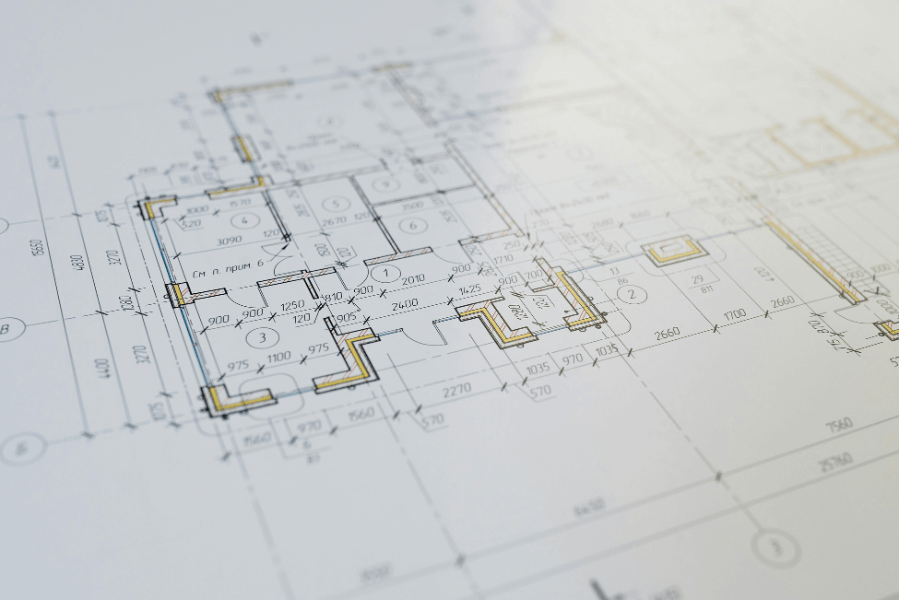
First-Home Buyer Stamp Duty Concessions by State (2025)
| State | Duty Exempt? | Value Cap | Grant / Notes |
|---|---|---|---|
| NSW | Yes | Up to $800,000 | Concessions available up to $1,000,000 |
| VIC | Yes | Up to $600,000 | Concessions available up to $750,000 |
| QLD | Yes (new homes & land) | Up to $700,000 | Sliding concessions beyond this threshold |
| SA | Yes (new homes & land) | No cap | $15,000 First Home Owner Grant (FHOG) included |
| WA | Yes (limit applies) | Up to $450,000 | Land purchases exempt up to $300,000 |
| TAS | Yes (established homes) | Up to $750,000 | $30,000 grant included |
| ACT | Depends | Varies by property type | Eligibility based on owner-occupier status and value thresholds |
| NT | Depends | Varies | House and Land Package Exemption (HLPE) may apply |
Do you pay stamp duty on land?
Yes. Stamp duty on land applies whether you’re buying a rural block, a vacant suburban lot or acreage with no dwelling. Because the land alone usually costs less than a finished house, the duty bill is often smaller, but it’s calculated using the same sliding scale as for homes.
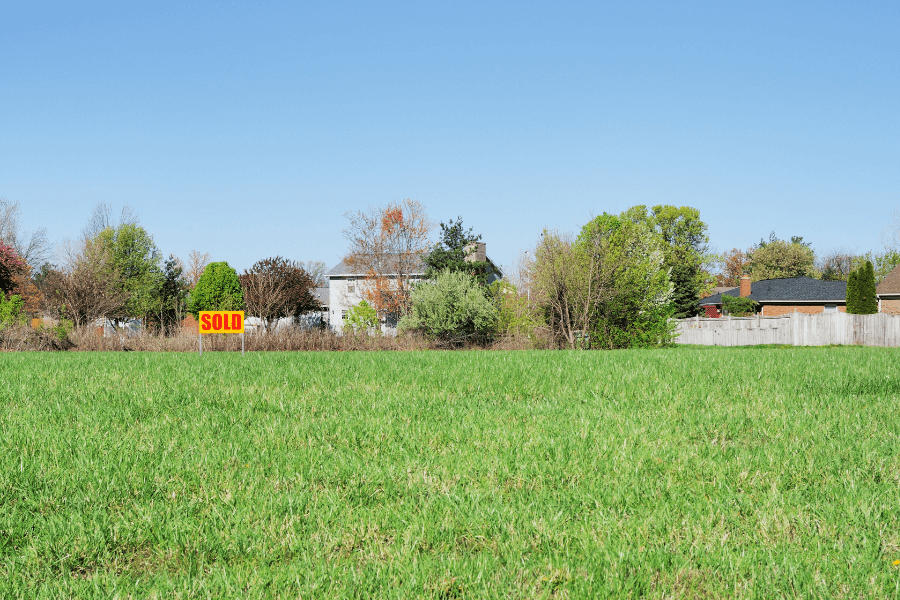
Do you pay stamp duty on a new build?
It depends on your contract structure:
- Off‑the‑plan apartment: You may only pay duty on the land value if construction hasn’t reached a specified stage when you sign.
- House‑and‑land package: Duty is assessed on the land contract only; the separate build contract isn’t dutiable.
- State incentives: SA and QLD now offer full duty exemptions for eligible first‑home buyers on new builds or vacant land.
Is stamp duty tax deductible?
Unfortunately not for owner‑occupiers. Property investors can’t claim an immediate deduction either, but they can add the duty to the property’s cost base, reducing any capital‑gains tax when they eventually sell.
Can stamp duty be added to my mortgage?
Banks won’t give you a “stamp duty loan”, but they may let you increase the amount you borrow (subject to loan‑to‑value and serviceability limits) so the duty is effectively rolled into your mortgage. Remember: borrowing more means higher repayments and interest over time.
Do first home buyers pay stamp duty?
Sometimes yes, sometimes no. Each state offers its own discounts or exemptions. In SA and QLD (new homes) the bill can be wiped entirely. In NSW and VIC you might pay nothing below a certain threshold, then a discounted rate up to a higher cap.
Stamp duty exemptions
You could qualify for a full exemption or partial concession if you fall into one of these categories:
- First‑home buyer buying under the state’s price cap (or, in SA/QLD, building a new home).
- Pensioner or senior downsizer meeting specific criteria.
- Family farm or primary‑production transfer.
- Deceased‑estate beneficiary.
- Court‑ordered marital or de‑facto property settlement.
Ask your solicitor which concessions apply and make sure the paperwork is lodged before settlement.
Stamp duty calculator
The quickest way to ballpark your duty bill is to plug the purchase price and buyer type into a reliable online stamp duty calculator or ask your broker to run the numbers. Use the figure as a guide only; your formal assessment will arrive from the revenue office once your conveyancer lodges the paperwork.

Other stamp duty FAQs
Do I pay stamp duty on inherited property?
Generally no. Transfers to beneficiaries named in a will or letters of administration are normally exempt.
Is there stamp duty on commercial property?
Yes. Commercial real estate attracts duty, although rates and any concessions differ from residential. The ACT currently exempts transfers up to $1.9 million.
Do you pay stamp duty when selling a property?
No. Duty is payable by the buyer only. Sellers pay agent commissions, legal fees and mortgage‑discharge costs.
Do companies pay stamp duty on property?
Yes, and surcharge rates can apply if the purchasing entity is foreign‑controlled.
Is land tax the same as stamp duty?
No. Stamp duty is a one‑off cost at purchase, whereas land tax is an annual charge on the total unimproved value of land you own above each state’s threshold.
Key Takeaways
-
Stamp duty is payable at settlement and varies significantly across states.
-
Most states offer first‑home buyer exemptions or concessions, but thresholds and terms differ.
-
Money.com.au’s stamp duty calculator is a great tool for estimating costs—use it to check up-to-date figures.
Ready to streamline your property search? Set up Homely alerts, explore local suburbs, and never miss a new listing.
Next step on your property journey? Save your favourites in Homely Collections, review honest street and suburb reviews, and set up instant Homely Alerts so you never miss a new listing.
